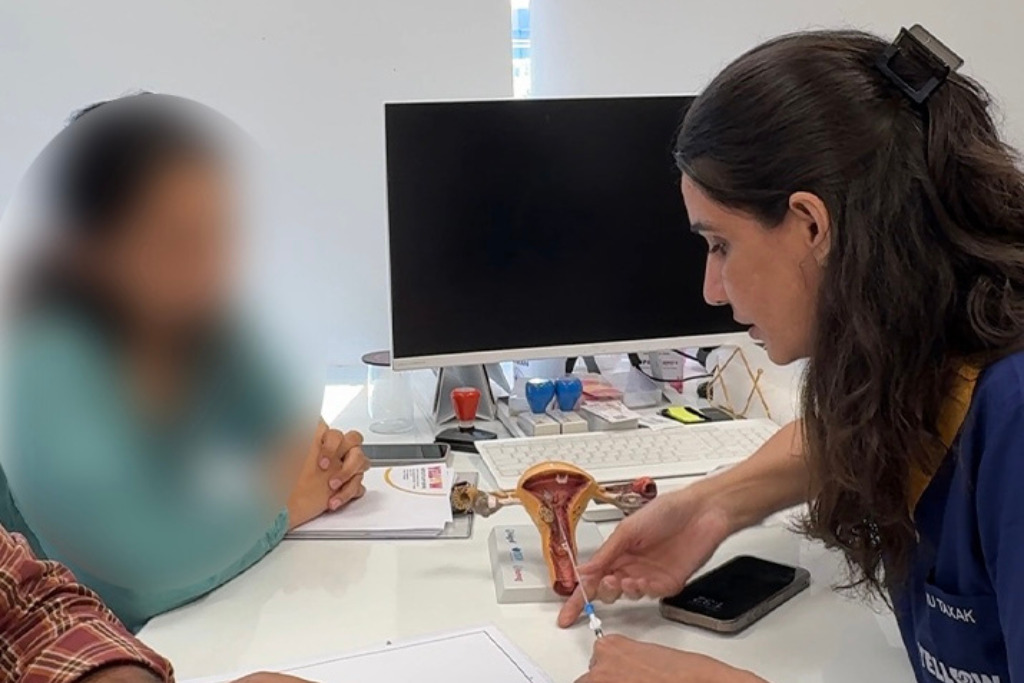Have you been facing failed IVF attempts over the past few years?
You are not alone. India witnesses more than 2,50,000 IVF treatments every year, and only a few among them are successful.
While the success of IVF majorly relies on the advanced techniques and the chosen IVF doctor in Gurgaon, certain factors can also influence the outcome of an IVF cycle.
Read the following blog to explore the 7 influential factors of a successful IVF from Dr. Sonu Taxak, Founder and Director, Yellow IVF.
7 Factors for a Successful IVF that Every Aspiring Parent Must Know
- Age of the Woman
Age is one of the most crucial contributing factors in IVF success. Studies show that since a woman is born with a limited ovarian reserve, her fertility peaks in her twenties. After 35 or 40, the quantity and quality of eggs start to decrease. While women under 35 hold an estimated 39% of IVF success, post-42, the rate reduces to 10%.
Although this does not mean that women who are 40 or older won’t benefit from IVF, they might need additional support, like egg donation.
- Quality of Eggs and Sperm
Healthy sperm and eggs are essential for fertilisation and embryo development. While poor egg quality can lead to chromosomal abnormalities, low sperm count can delay or hamper fertilisation.
At Yellow IVF, we receive many health profiles where the quality of sperm and eggs is compromised. In such cases, we suggest advanced techniques like ICSI (Intracytoplasmic Sperm Injection) or the use of donor gametes for improved chances of fertilisation.
- Embryo Quality
Embryo quality is one of the primary determinants of a successful IVF. Our IVF specialist in Gurgaon uses advanced techniques and culture conditions to ensure optimal embryo development.
Then, they conduct embryo grading to evaluate their quality and identify viable embryos during an IVF cycle. Higher-grade embryos secure better success rates.

- Uterine Health
Even the best embryo cannot implant and sustain in a uterus that is unresponsive. Uterine conditions like fibroids, polyps, adhesions, or a thin endometrial lining can significantly reduce IVF success rates.
This is why it is important to assess patients’ uterine health through ultrasound, hysteroscopy, or other diagnostic tools before embryo transfer. At Yellow IVF, our best IVF specialist in Gurgaon follows a multidisciplinary approach to offer comprehensive care to patients under one roof.
- Lifestyle Factors
Your body is the home where your baby grows. Consuming alcohol, excessive caffeine, smoking and poor diet can negatively impact your health and consequently the success of IVF.
At Yellow IVF, we have a separate team of nutritionists, along with an IVF specialist in Gurgaon, who will guide you to proper dietary and lifestyle habits.
- Previous IVF History
Many patients think that if they have a history of IVF failures, future attempts will not work. Though that is not the case, we need to analyse the reason carefully. Whether the implantation failure occurred due to poor response to medication or a non-receptive uterus, our personalised protocols are designed to address each case specifically.
This is how we have facilitated over 160 successful IVF cycles under the guidance of the best IVF doctor in Gurgaon.
- Laboratory and Clinical Expertise
Success in IVF relies not only on the aspiring couple but also on the clinic. The skills of the embryologists, the quality of the lab, the culture media, and even how embryos are handled can all influence outcomes.
At Yellow IVF, we use advanced embryology lab technologies and maintain strict quality standards. Our lab is equipped with time-lapse incubators, laser-assisted hatching tools, and state-of-the-art vitrification for embryo freezing. All of these factors have allowed us to secure an 86% success rate and a 100% patient satisfaction rate in IVF.
Final Words
We believe that to be successful, every IVF journey must strike the right balance of science, compassion and expertise from the best IVF doctor in Gurgaon. At Yellow IVF, we do not follow a one-size-fits-all technique. Our experts understand your unique factors and address them accordingly to cultivate better results.




